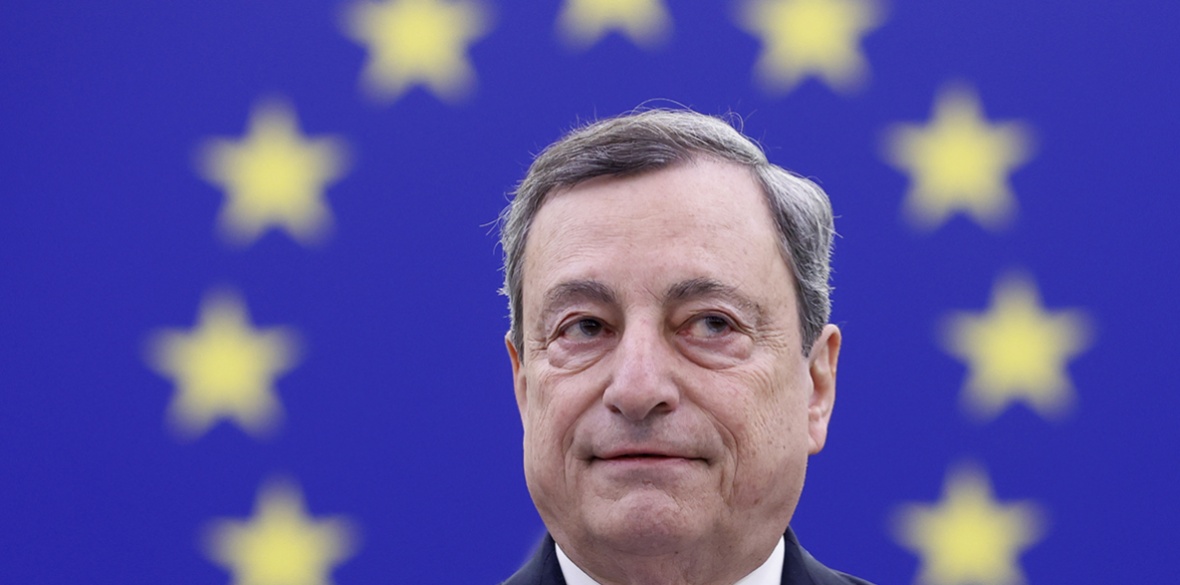This is the last article you can read this month
You can read more article this month
You can read more articles this month
Sorry your limit is up for this month
Reset on:
Please help support the Morning Star by subscribing here
ITALY is considering a new state of emergency, highlighting the deteriorating economic situation linked to the war in Ukraine, according to media reports.
A looming energy crisis combined with fears the country is sliding into recession has led the Italian government to consider the measures.
Italy only ended a two-year stare of emergency on March 31 after the country finally recovered from a period of economic stagnation due to the Covid-19 pandemic.
But economists have warned that a spike in energy and food prices will hit spending power and lead to a decline in domestic demand.
War in Ukraine and sanctions on Russia along with the decision to cut off the Russian gas supply have had a serious impact on Italy’s struggling economy.
It is estimated that half a million workers could lose their jobs if Italy completely halts gas supplies from Russia.
Last year’s recovery, after the Italian economy contracted by 9 per cent in 2020, has been wiped out by the restrictions imposed on Moscow.
Bosses’ association Confindustria has said Italy is heading for recession while the government revised its growth projection down from 4.7 per cent to 3.1 per cent last month.
The situation is so severe that Prime Minister Mario Draghi is said to be considering postponing next year’s general election.
Earlier this week he called for reforms to the European Union to enable it to deal with a growing economic and energy crisis faced by the bloc.
The European Commission proposed an EU-wide ban on all Russian oil imports by the end of the year.
But the measure threatens the stability of the entire European economy which has been rocked by deceleration and record inflation as a result of the war in Ukraine.
Mr Draghi said the current rules, which need agreement from all 27 member states , were not fit for purpose and proposed reform of EU treaties to deal with foreign policy matters.
A sixth round of sanctions against Russian oil and gas exports is being held up by Hungary’s Viktor Orban, who is seen as an ally of Russian President Vladimir Putin.
German MEP Sergey Lagodinsky also favours jettisoning the “unanimity rule.”
“The situation we are seeing now shows us both, on the one hand that we can achieve unity against a foreign threat, but at the same time this unity is very fragile,” he told Euronews.











